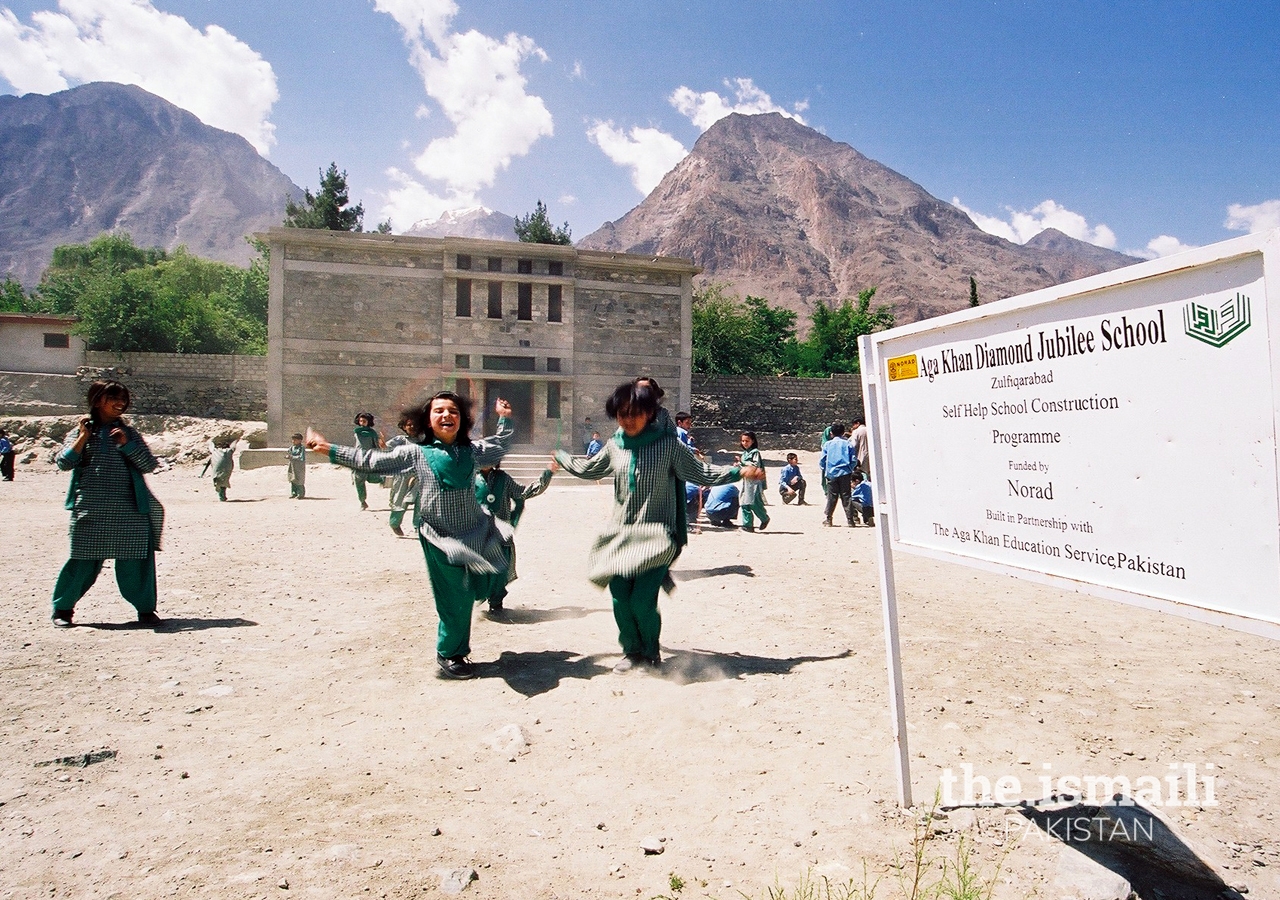The first lesson, which especially holds true during a pandemic, was to stay ahead of the curve. In 1896, an outbreak of the bubonic plague was spreading west from Hong Kong. When it hit Bombay in 1897 there was no cure in sight and the recommended preventive measure were akin to general hygiene – keeping safe distance from others, using disinfectants and allowing light and air into houses. This scenario, very similar to the current COVID-19 situation, remained a teaching moment from history for generations to come. It showed the importance of following preventative guidelines to curb a greater medical emergency affecting the world over. Furthermore, when the time comes, it will be just as important to embrace and ensure access to inoculation just as Aga Khan III had done. As a leader in the Ummah, he was quick to get himself vaccinated in public so that others would follow suit.
Imam Sultan Mahomed Shah made it a point to include physical exercise in his daily routine - the second lesson, to exercise regularly. His lifestyle allowed him to live to the age of 79 at a time when the average life expectancy in the Indian subcontinent was a meagre 31 years. His daily physical activities ranged from boxing and cycling tours till his fifties, tennis, golf and walking otherwise. Daily exercise remains crucial for a healthy and happy life. While health indicators and life expectancy have drastically increased today – currently standing at 67 years in Pakistan – daily exercise is continually prescribed for physical and mental well-being.
The third lesson learnt from the life of Imam Sultan Mahomed Shah was to set a routine. For over 70 years, the Aga Khan followed the same daily routine which started early in the morning with dedicated prayer and meditation. After breakfast he would read the news, exercise and then work till mid-day. Lunch was a balanced meal consisting of protein, carbohydrates, vegetables and dessert. After finishing work, in the evenings he enjoyed time at the theatre or reading, and had a light dinner of fruits or raw vegetables. These rules of following a routine and of consuming nutritious and balanced meals are still important today. Multiple studies show that creating healthy habits and following routines are beneficial to physical health, sleep and lower stress and anxiety.
During his travels across India, Aga Khan III found his way to the Anglo-Muslim College where he met Sir Syed Ahmed Khan and Nawab Mohsen-ul-Molk. From there began his journey of promoting the cause of improving Muslim higher education. The fourth lesson, therefore, was to dedicate oneself to a worthy cause. In his own words, “I was on fire to see Aligarh's scope widened and its usefulness extended…” Such was the dedication of Imam Sultan Mahomed Shah to the cause of Aligarh University that he spoke of it continuously to his friends, colleagues and groups of Muslims, both rich and poor, across India. This level of commitment allowed the Aga Khan to collect three million rupees in funds for the university. This dedicated and arduous journey to fulfilling the dream of Aligarh as a university was a great example of the results of hard work. It showed the importance of remaining steadfast in one’s efforts and that dreams do not become reality overnight, rather they require continuous dedication.
Finally, in the words of Imam Sultan Mahomed Shah, Aga Khan III, “Life is a great and noble calling, not a mean and grovelling thing to be shuffled through as best we can but a lofty and exalted destiny.” The fifth lesson, to live life to the fullest, was regarded by Aga Khan III who lived a full and busy life filled with both enjoyment and responsibility. This is an important lesson to follow during the COVID-19 lockdown when it is easy to become victim to the overwhelming boredom. It is vital to use this time intelligently, as an opportunity to develop new skills and endeavours which would be beneficial to us, our families and our country.










